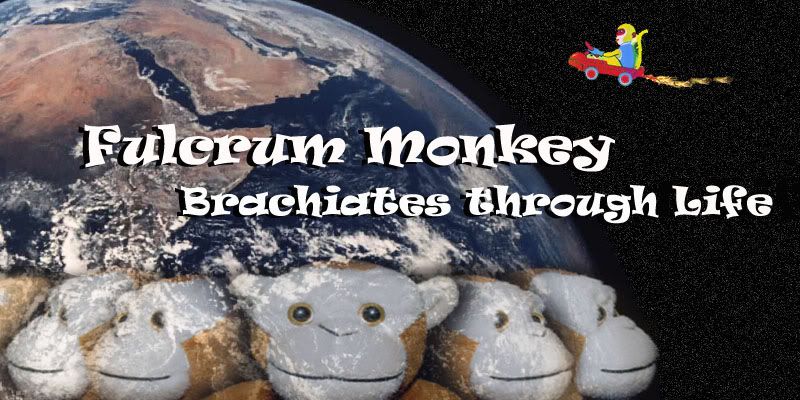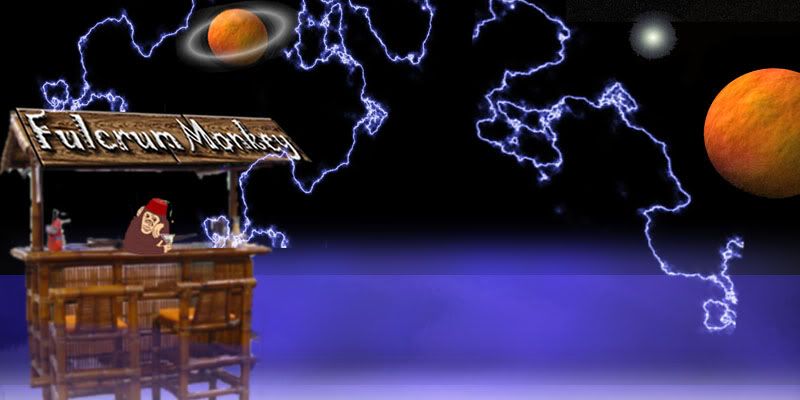And Before Eden?
The abyss predates everything. Many cultures agree with the Babylonians, our givers of law in the Hammurabic code, who explained existence in the Enuma Elish and the battles of Marduk with Tiamat; who came from that place between the Tigris and the Euphrates – the early Semitic tribes whose descendents became Jews, and Christians after Paul, and Muslims after Ishmael. The abyss was well understood metaphorically by the Babylonians as primordial water. The abyss became divided, as for the Taoists the one became two, the two became three, and from the three came the ten thousand things. We might think again of water being divided by the land, between the salty water of Tiamat and the sweet water of Apsu; bitterness and joy. High and low define each other, near and far cannot exist without the other, so too life and death. All extremes pivot on a point.
The abyss was not left behind at the beginning of things. It is still with us, and remains as Sartre’s nothingness at the heart of being, the gap between who we were and who we will become; the fulcrum point between the past and the future. Now. This gap is both the source of our potential and the void into which we fall. This is the heart of infinite mythologies.
These are the most basic facts of our existence, one possible picture of our earliest history, we who are water contained by the salt in our cell membranes, we who know joy through its juxtaposition with pain, who must have birthed in water as swimming newborns attest, as the long hair on our heads, as our posture’s affect on the internal organs, as our difference from the other great apes suggests, we who returned to the water, but have been washed by a flood of our own number back onto the land.
I write now on the other side of the world, in-between two great rivers, the Missouri and the Mississippi, a city that is in the gap. St. Louis may well resolve itself into a fulcrum, a center point, from which the earth is moved.




0 Comments:
Post a Comment
<< Home